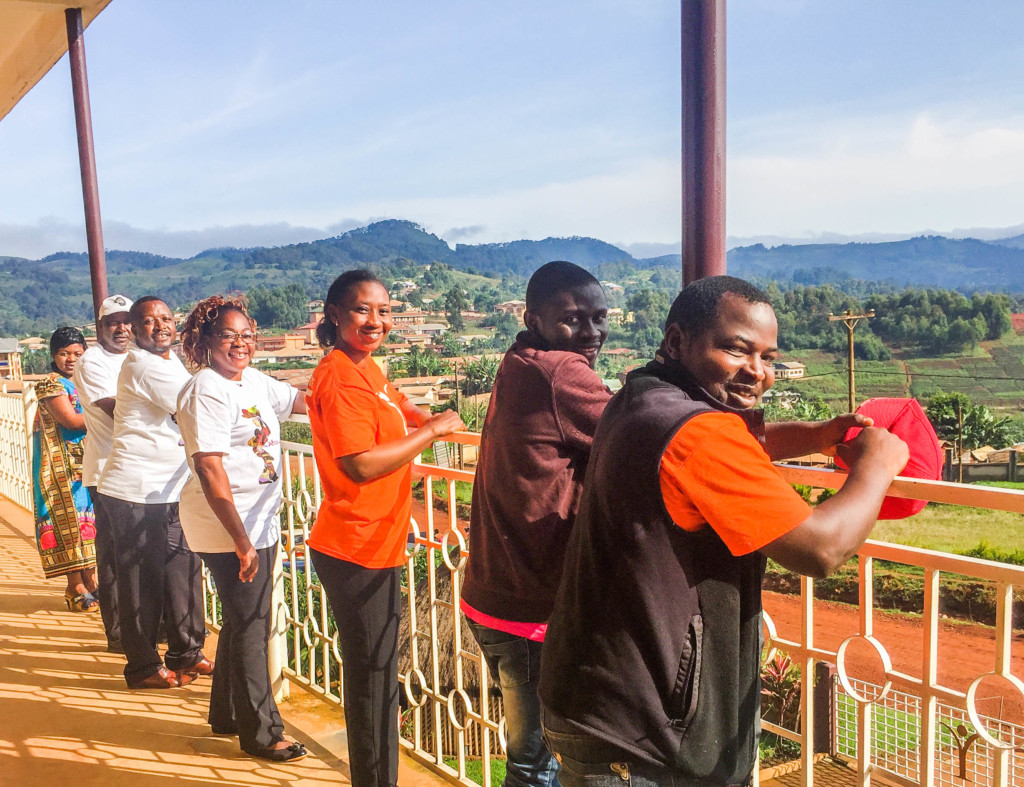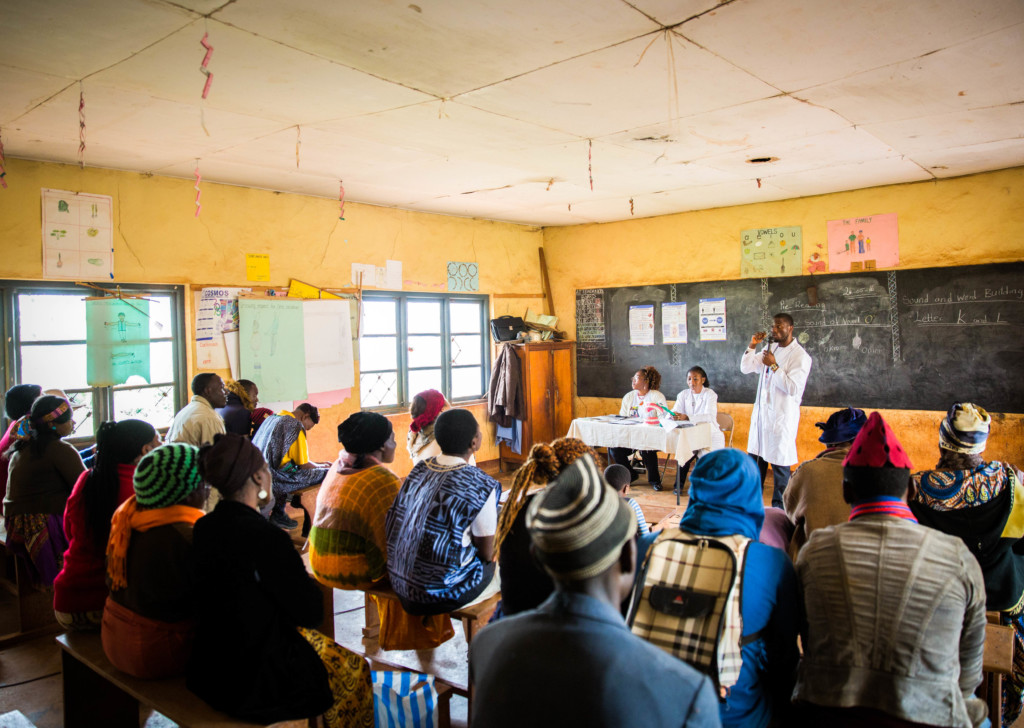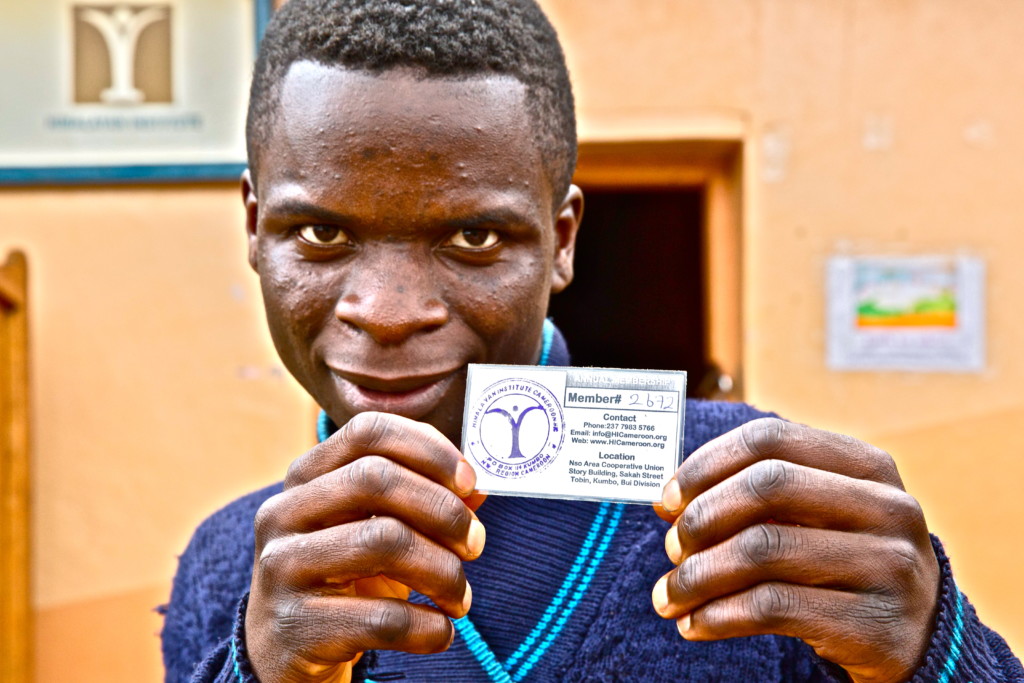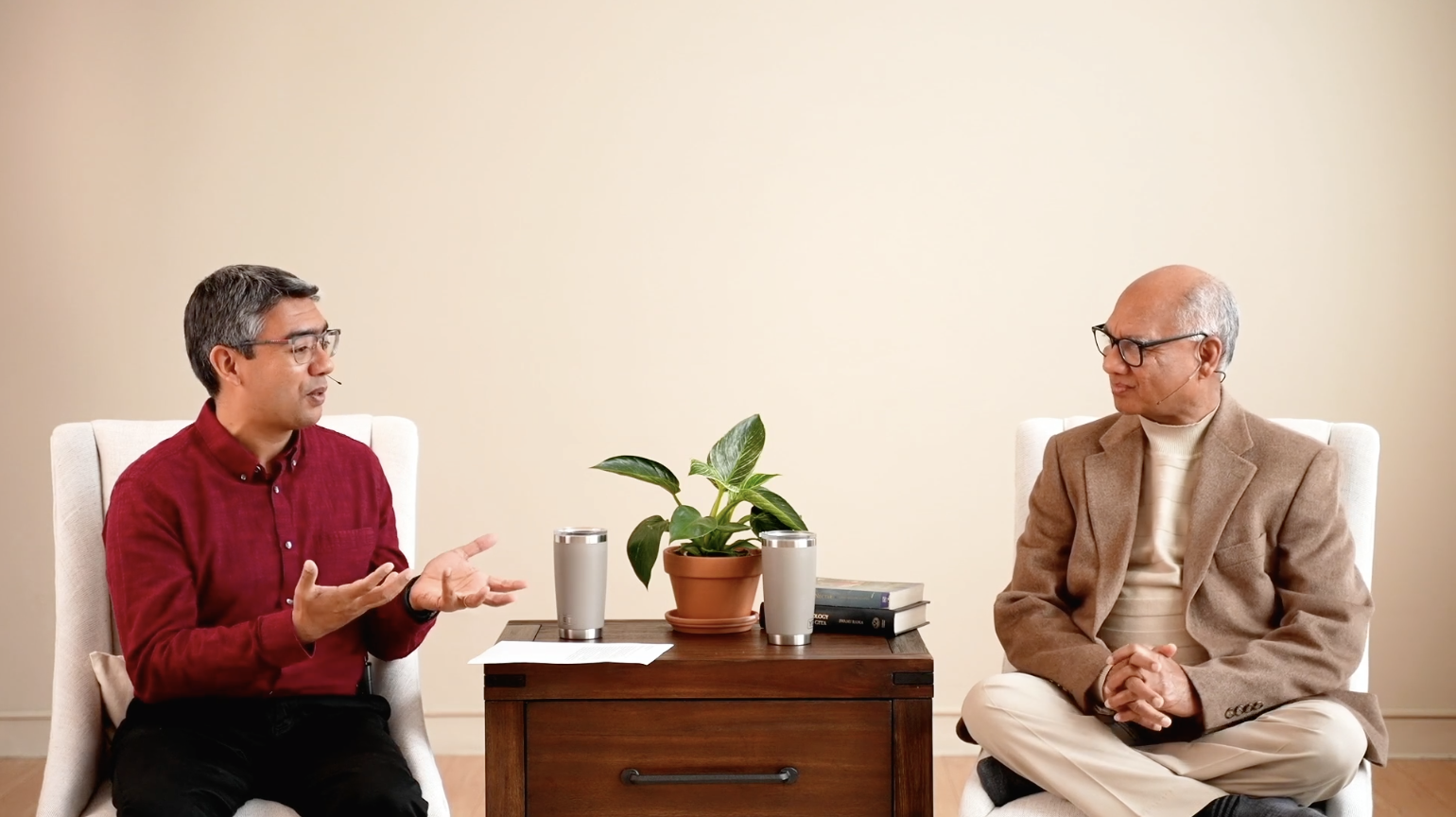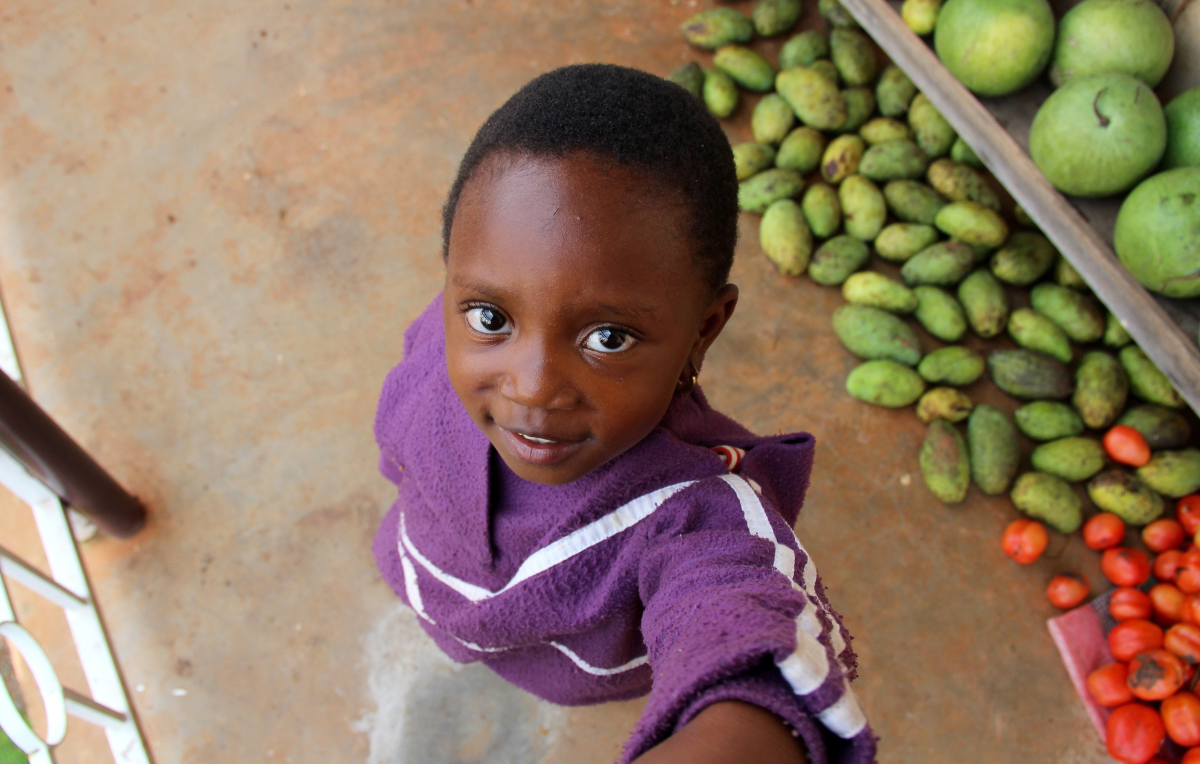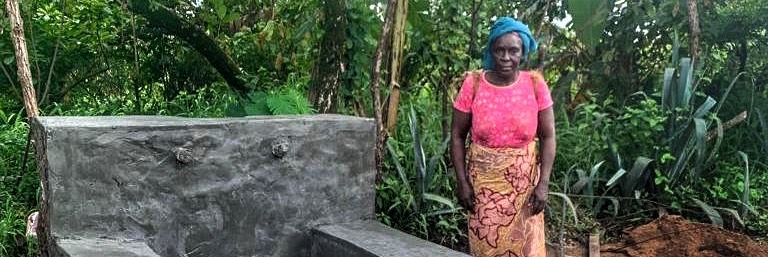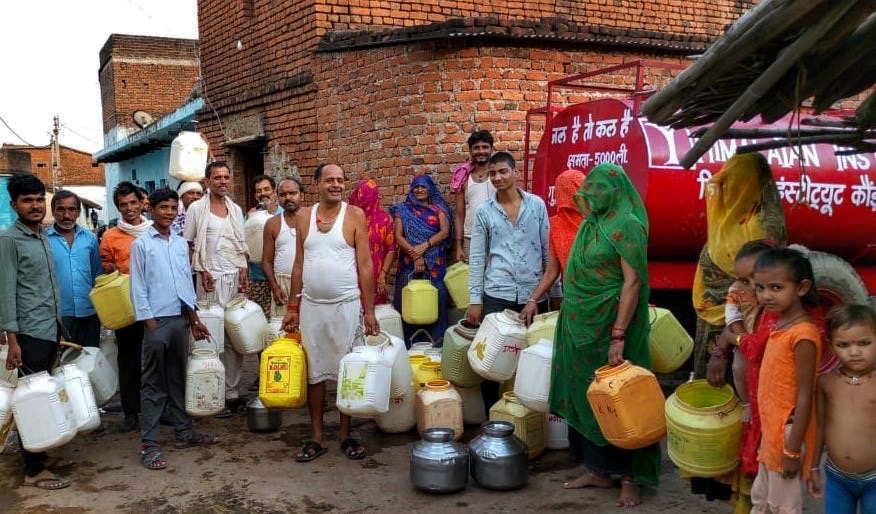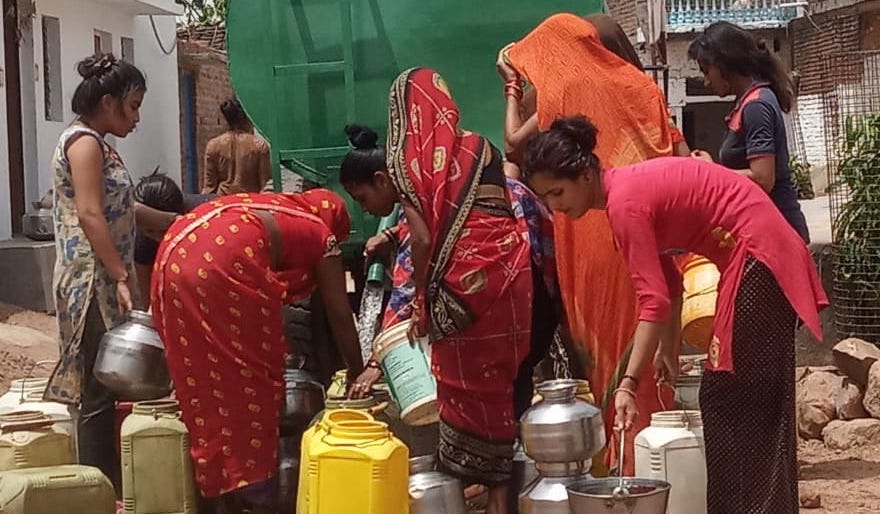Healthcare and education play a crucial role within economic models, yet the time it takes to establish these essential pillars is often overlooked by larger developers and humanitarian organizations looking to fast-track growth or rebuild the economic structure in developing nations.
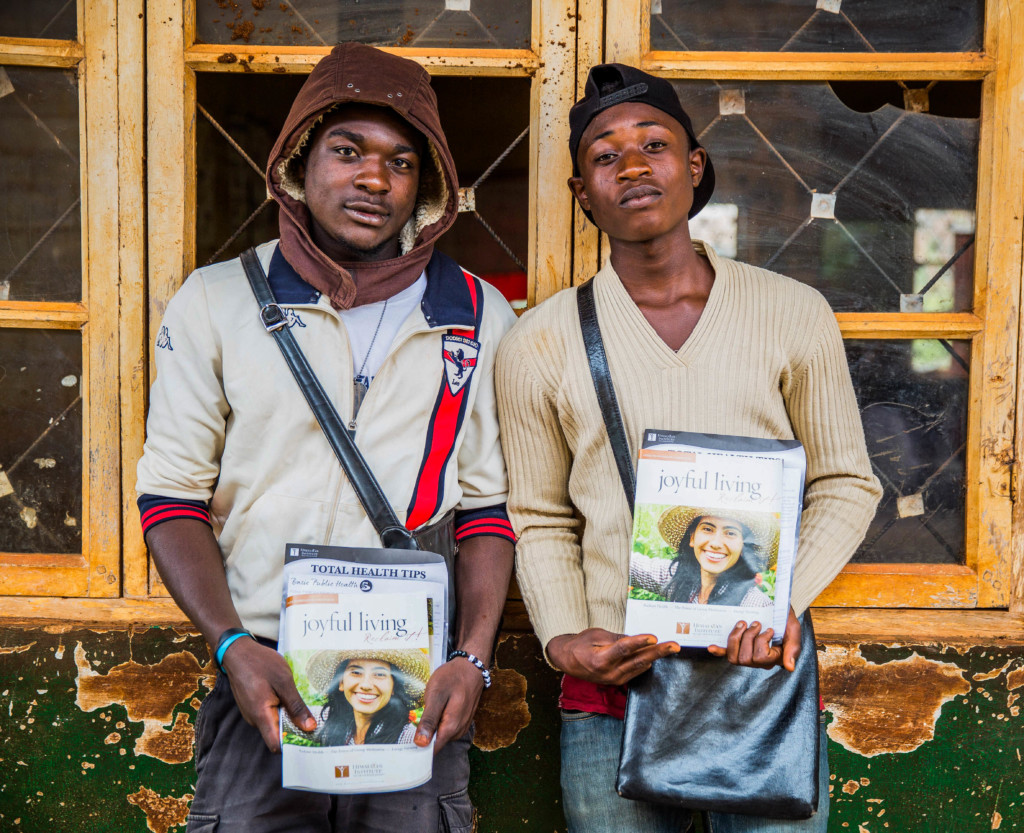
Just as each one of us individually, has a hierarchy of needs we must fulfill, every community has a similar set of needs upon which it can sustain itself, provide for its members, and keep pace with environmental and global changes over time. Education and healthcare are part of this foundational set of communal needs. Only when these core requisites for human growth are met within a society, can the prospect of revitalizing an outward, commercial economy begin to take place.
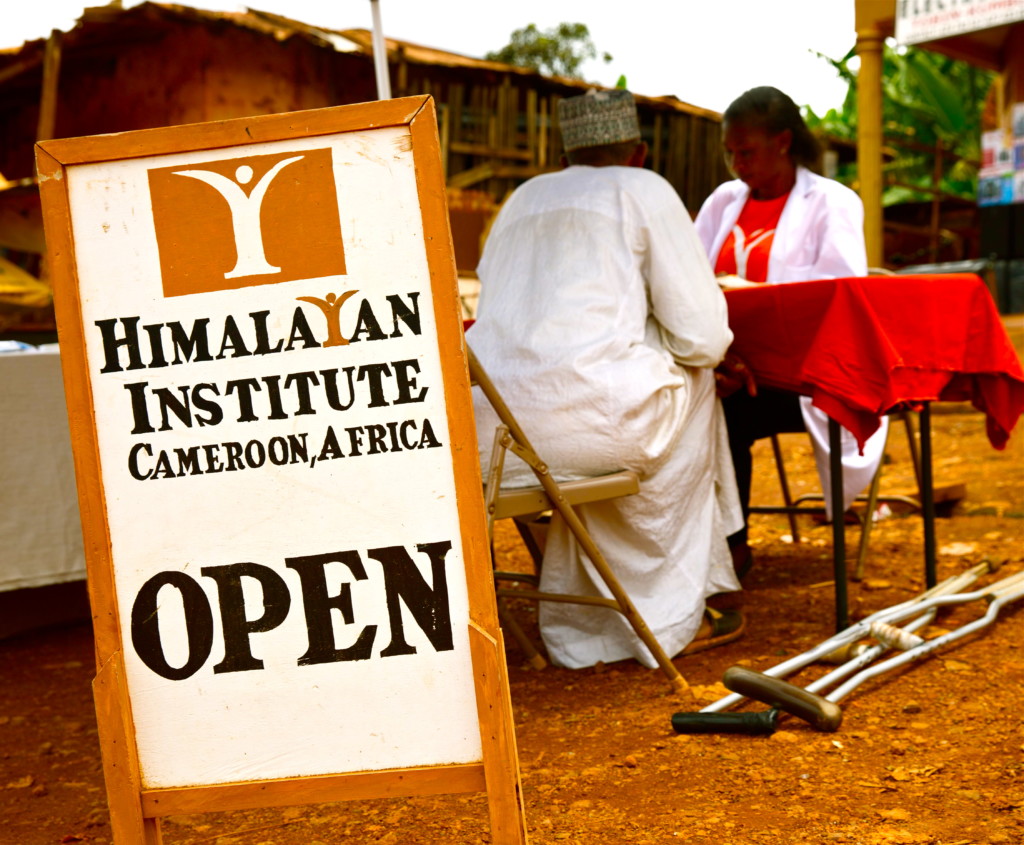
Exponential Impact
Health and education are pivotal in a society’s ability to thrive because they provide a balance of give-and-take particularly necessary in the functioning of a strong economy. They each hold the dynamic purpose of taking the trends of what is currently occurring within humanity as a whole, processing that information through critical analysis, and then responding with new ideas, ingenuity, and innovation.
Education allows individuals to expand ways of thinking and their sense of creative expression, which can then be brought to everyday relationships, work output, and general productivity. Healthcare allows for that same individual to maintain their physical health in order to carry out the necessary productive functions required by education.
These two combined, create a dialogue, a flow of information within culture, social functioning, economic capacity, and the creation of new technologies; they allow us, as humans, to have discourse, to test our natural limits, to care for our organic life, and to strive for something beyond what is, right now. Therefore, these two basic human needs have an exponential impact on whether a society will adapt or stagnate amongst the influence of all of our current technological developments and constant shifts of culture.
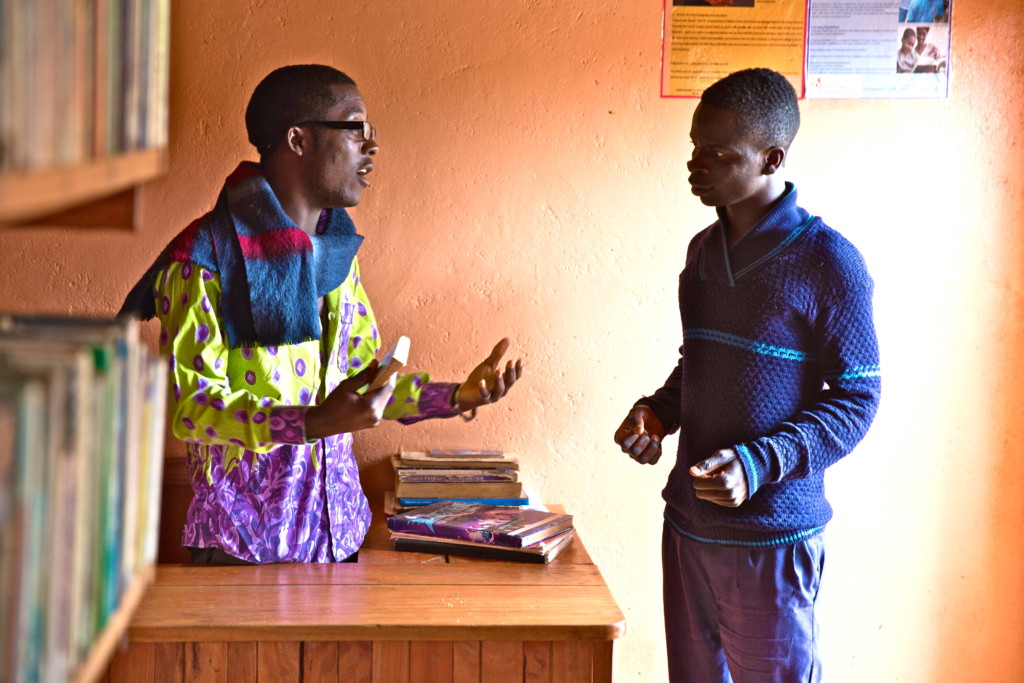
Why Access Matters
For many rural communities across Cameroon, and on the continent of Africa at large, access to quality education and healthcare directly correlates to the economic health of those communities. In building economic infrastructure in small rural communities, the investment in education and healthcare is an investment in the human element of that economy—the people who will ultimately be able to make it more or less productive based on their mental and physical capabilities. That fragile, new, and changing ecosystem of wealth and job creation, coupled with an adapting population trying to grow, cannot function, one without the other.
Creating quality healthcare and education systems (as we have seen in our own society) is difficult: it demands perseverance and complex ways of thinking, innovation in implementation and outreach, and a real understanding of the other-someone largely outside of your own experience. This way of working with communities is based on mutual respect, understanding, and compassion—a way in which to contribute and help without overtaking that community’s experience or needs.
This is a selfless act requiring humanitarians to work harder, think deeper, and invest more of themselves in what can often be a grueling and years-long process. It takes a questioning of our societal scripts, as we know them, and whether or not they have been created for, or are working for, the benefit of the few or the many.
Investing In Humanity
Yet, this investment in people—in rural communities, native tribes, or indigenous cultures…this investment pays off. For it is only when all groups of people, whom an economy is impacting, come together to create positive forces for change that any real progress can be made, and this progress must begin with health and education.
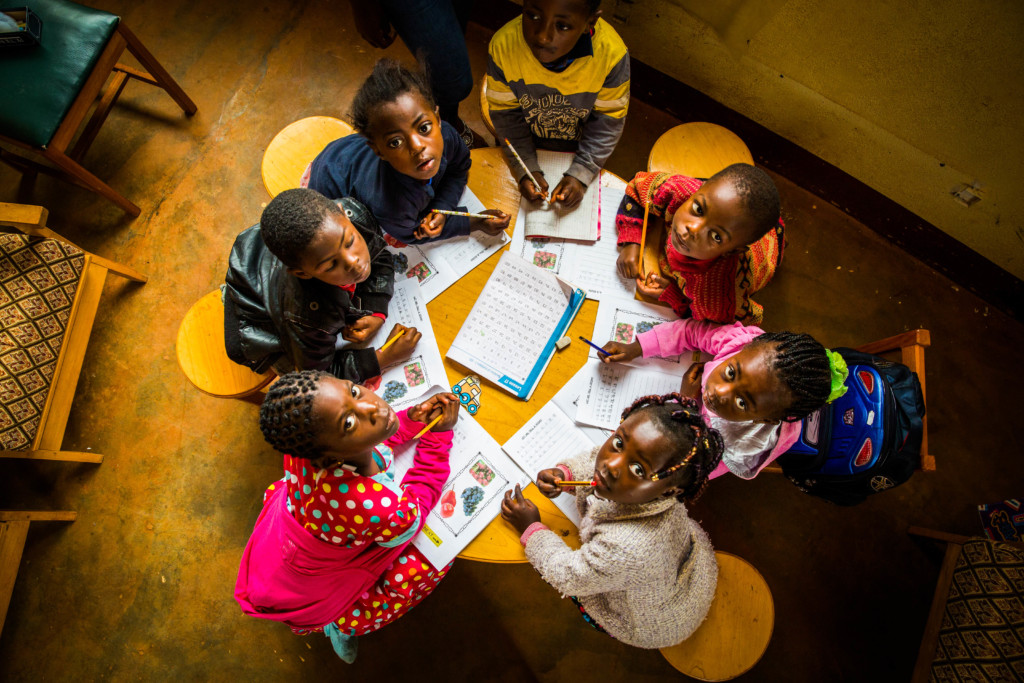
Today, largely as a result of a very capitalist driven economic culture, people often believe that an investment of greater capital, pouring more money into a region, is enough; that this will somehow create the greatest stimulus for economic growth, that communities will suddenly adapt to vastly different socioeconomic circumstances. This is usually not the case. Instead, we have seen that investing capital into education and healthcare has far greater returns for the communities those investments serve. These investments don’t even necessarily have to be monetary, even in relation to health and education.
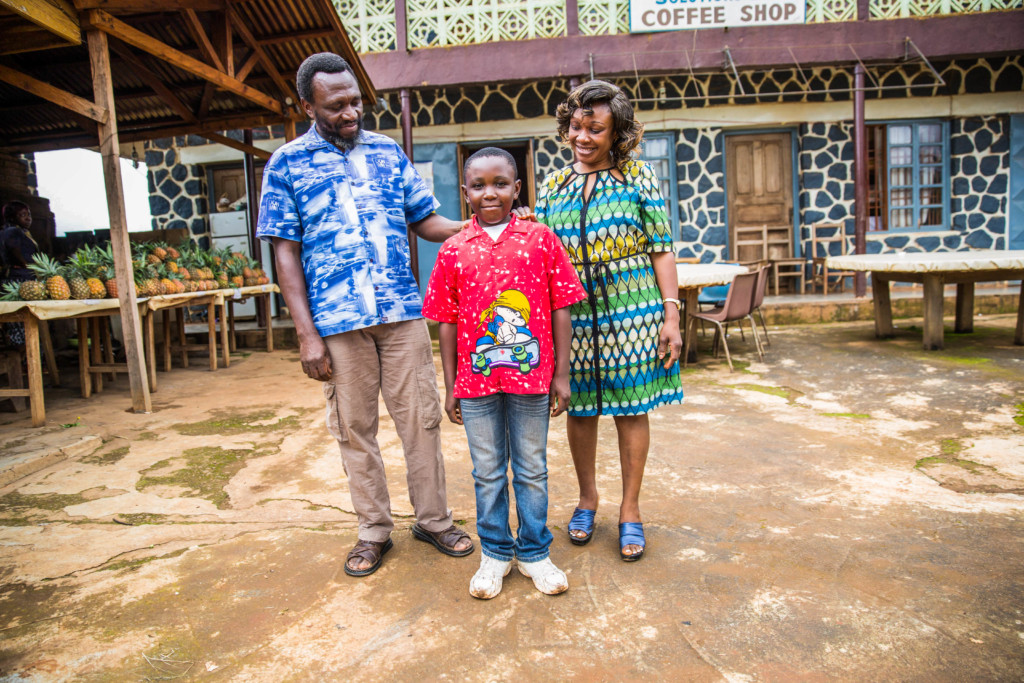
Our Future’s Foundation
All of this starts with education; bolstered by quality healthcare. We, as people, are our economy after all—what we invest in each other we either lose and learn from to make better choices in the future or we are successful and see greater personal or communal growth…investing in ourselves can never create negative outcomes. To put stock in people—in what they can do, how they think and learn, where they need guidance, how we can keep them healthy, strong, and happy—this can only lead to a greater economic future for all of humanity actively seeking to better their themselves and their communities. Understanding the significance of the roles healthcare and education have to play in an economy’s growth will lead us there.
